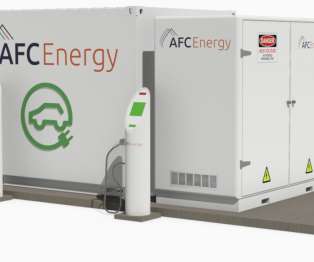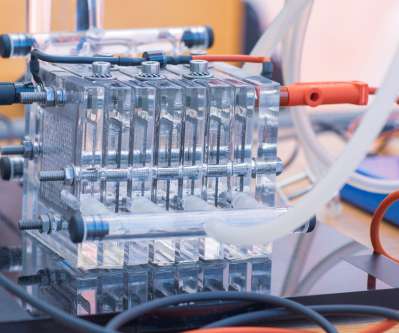UK Carbon Trust report says fuel cell vehicles could take more than 30% of mid-sized car market by 2050
Green Car Congress
SEPTEMBER 30, 2012
Ranges of automotive fuel cell system costs at mass manufactured volume using technology from three UK companies supported by the Carbon Trust. Source: Carbon Trust. It would also reduce global carbon emissions from vehicles by an additional 260 million tonnes per year by 2050—equivalent to the current annual emissions of Taiwan.





























Let's personalize your content